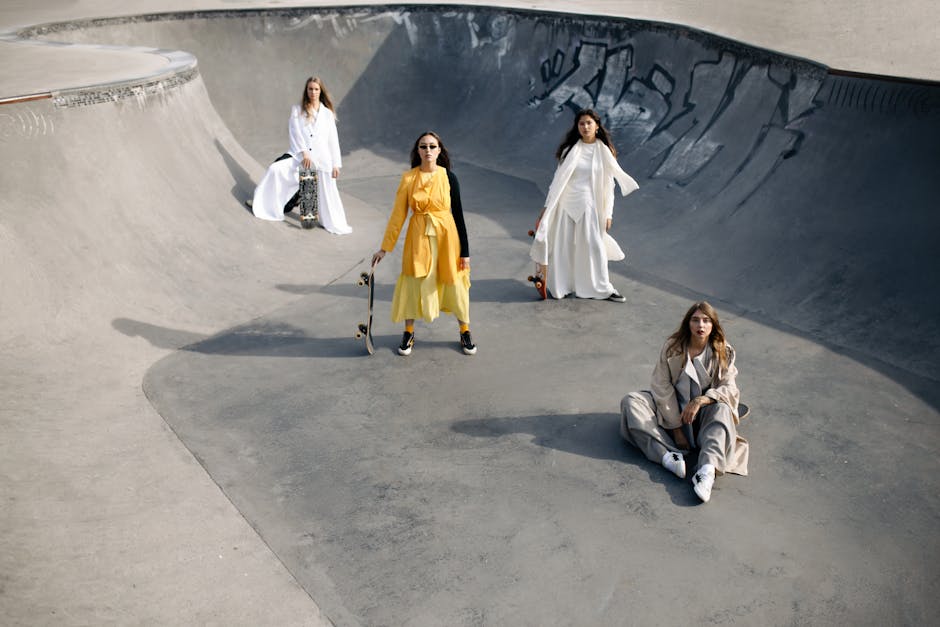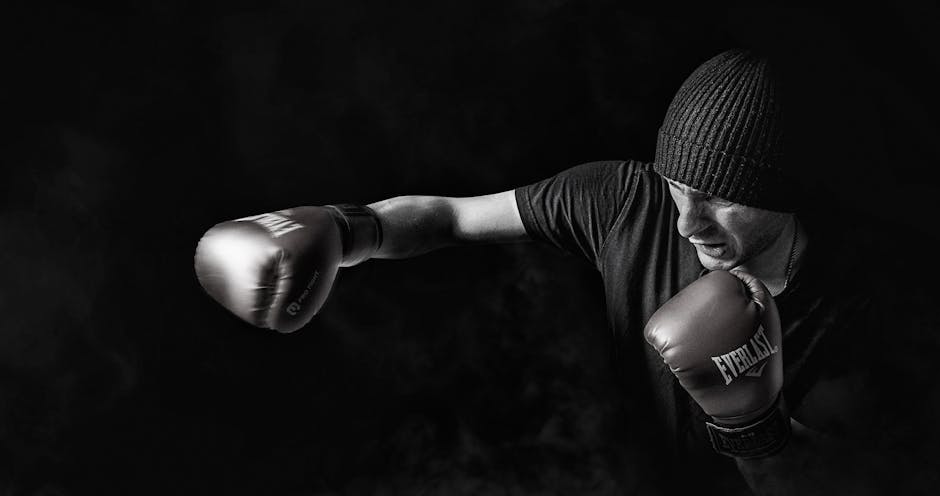Unity in Motion
Sports aren’t just physical contests they’re shared experiences that cut through identity, language, and background. Whether it’s a neighborhood pickup game or the FIFA World Cup, sports create something few other platforms can: a reason for total strangers to cheer together, cry together, and feel part of something bigger.
Events like the Olympics showcase national pride on a global stage. Uniforms and flags become more than just symbols they’re statements of collective identity. Ask any fan who’s heard their anthem play before a match: it hits different. And it spreads beyond borders fast. You don’t need to speak the same language to understand the stakes of a penalty kick in overtime.
In 2018, when France won the World Cup, the team’s diverse backgrounds sparked international conversations about immigration, identity, and unity. Same story in Tokyo 2021, where athletes from war torn nations stood side by side, competing without politics in the arena. These moments matter. They remind us that human connection often finds its clearest expression in motion, in teamwork, and in shared triumph.
For more on how sports reflect and reshape culture, check out More on sports’ cultural impact.
Economic Fuel
Sports aren’t just entertainment they’re an economic engine. Billions flow through the system every year, from broadcasting rights and major league salaries to jerseys, ticket sales, and branded gear. Every packed stadium, playoff run, or sold out merch drop signals one thing: serious money in motion.
But the impact runs deeper. Sports generate jobs across the board. It’s not just star athletes cashing checks. Think coaches, medical staff, event crews, security, janitors, camera operators, local vendors. When a city hosts a mega event like the Super Bowl or the World Cup, it’s a full blown employment spike short term and long.
Then there’s tourism. Fans travel across countries to see their teams. That means hotel bookings, packed restaurants, full flights, and local businesses cashing in. Cities transform into sports hubs almost overnight. The return on investment? Often millions in local economic boost within days.
Want to see just how far that ripple effect goes? Explore the full economic ripple effect.
Shaping Values and Role Models

Sports teach more than skills they train character. Teamwork, discipline, patience, and perseverance are baked into the game, whether it’s a pick up match or the final of a world tournament. These aren’t just buzzwords. They’re habits built through repetition, through wins and losses, through showing up whether it’s raining or not.
Athletes carry the weight of this on a public stage. They become more than players they become symbols. Whether it’s a tennis champion speaking out on mental health or a footballer leading social justice campaigns, today’s athletes often step off the field and into the cultural spotlight. Like it or not, they set examples, and their choices ripple through society.
This matters most when you consider kids watching at home. To them, sport can be more than entertainment it’s aspiration. It gives them something to aim for that isn’t tied to fame alone. It gives them a model of how to face challenges, build something, and do it as part of something bigger than themselves.
Sports give youth a tangible set of values grit, respect, teamwork. When done right, it’s less about scoring points and more about shaping people.
Social Shifts and Spotlight
Sports have always been more than games. They’ve become global megaphones for social issues and players aren’t staying quiet. From Colin Kaepernick taking a knee to the U.S. Women’s Soccer Team fighting for equal pay, stadiums and courts have turned into arenas for activism. Whether it’s civil rights, mental health, or gender equality, the message is clear: athletes are using their reach to push culture forward.
Representation is catching up too, slowly but surely. More women are coaching, leading teams, and running major leagues. Black, Indigenous, and LGBTQ+ athletes are breaking barriers and showing up in places that once shut them out. It’s not just about who’s on the field it’s who’s making decisions behind the scenes. The power dynamic is shifting.
And there’s no denying the ripple effect. Sports influence how we talk, dress, and see ourselves. Think sneaker drops tracing back to courtside moments. Think fitness trends influenced by athlete routines. Think locker room slang making its way into everyday speech. The lines between sport and style, competition and culture, are blurrier than ever and that’s the point.
Sports are shaping the narrative. They hold up a mirror to society and, sometimes, give it a gentle shove in a better direction.
The Global Conversation
You don’t need to speak the same language to understand the emotion after a last minute goal or the roar that follows a game winning shot. Sports are a shared code. Whether it’s cricket in Mumbai, football in Madrid, or basketball in Manila, people everywhere feel the pulse of competition. It connects.
International tournaments like the World Cup or Olympics aren’t just events they’re storylines wrapped in flags, accents, and anthem tracks. What we see is more than action on the field. It’s a front row seat to cross border respect, rivalry, and sometimes even reconciliation. Every match brings a fresh layer of culture into view. Athletes swap continents and clubs, bringing new styles, traditions, and fanbases along for the ride. That migration doesn’t just affect strategy, it influences music, fashion, and local slang too.
The impact goes deeper still. Sports can shape how we see ourselves and how others see us. Think of how team allegiances shape city pride or how one athlete’s stand can push national dialogue. For better or worse, sports bleed into politics, identity, and daily rhythm. They’re part of the story we live, not just the games we stream.

 Flossie is an avid gaming enthusiast and a seasoned writer at Jackpot Joyfully. With a deep understanding of the gambling world, Flossie brings insightful strategies, tips, and updates to help players elevate their gaming experience. Her passion for responsible play and her dedication to providing valuable content make her articles a must-read for both newcomers and seasoned bettors alike.
Flossie is an avid gaming enthusiast and a seasoned writer at Jackpot Joyfully. With a deep understanding of the gambling world, Flossie brings insightful strategies, tips, and updates to help players elevate their gaming experience. Her passion for responsible play and her dedication to providing valuable content make her articles a must-read for both newcomers and seasoned bettors alike.
